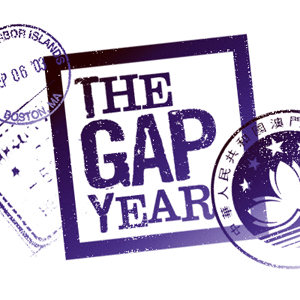At Muovo, we see hundreds of CVs everyday while reviewing candidates. Only a few however, manage to stand out from the rest, while literally capturing and retaining our interest. Writing your CV is indeed a very crucial step toward pursuing your career. Take the necessary time then to ensure that your resume not only highlights your qualifications, but more importantly, communicates well your goals.
The following are some tips that will help to jazz up your CV, giving it perhaps, a more professional tinge. This post is courtesy of the Recruiting Blogswap.
1. Replace your Objective with a Professional Summary
I’m not a fan of objectives on resumes. As a hiring manager, I’ve eliminated candidates based on their objective much more often than I have considered them. If the objective does not absolutely address the specific company and role you’re seeking, I’d remove it. Replace it with a strong, exciting and compelling Professional Summary. This is your opportunity to promote yourself in way that will generate interest for the reader and make them want to read further.
2. Choose the correct format: Chronological or Functional
Select the resume format that’s right for your specific background. If you have a traditional work and education history, chances are a chronological format will work for you. This is the most common format, and the type of resume that is most recognizable. A functional resume will work well for someone who has frequent career changes, is returning to the work force after a long hiatus or has an unstable work history.
3. Use keywords
The vast majority of large corporations (and many smaller ones) utilize Applicant Tracking Systems (ATS) to facilitate locating qualified candidates in their large databases of applications. This ATS software relies heavily on keyword searches that will identity candidates that have the desired skills or words in their resume. Your keywords can either be spread throughout your resume or presented in list fashion, and should be specific skills, industry-specific terms or buzzwords. A great place to find keywords is the job description itself.
4. Remove Hobbies/Interests/References Upon Request
Every bit of space on your resume is valuable. Don’t use valuable space for anything that’s not absolutely related to the job to which you’re applying. In most cases, your hobbies and your interests are not relevant and will not be transferrable skills to a job. It is presumed that you will provide references if asked, and in most cases they’ll be requested on the job application itself.
5. Proofread, proofread, proofread!
This sounds like a no-brainer, but I can’t tell you how often I review resumes at job fairs, and see typos, incorrect punctuation, and grammatical errors. Ask others to review your resume. Oftentimes you’re so focused on creating a great resume that you might miss simple mistakes. Read your resume out loud as a way of proofreading, and use the spell check and grammar check features of your word procession software. Submitting a resume that contains errors will almost certainly have a negative impact on your candidacy.



 Like our Page
Like our Page



















